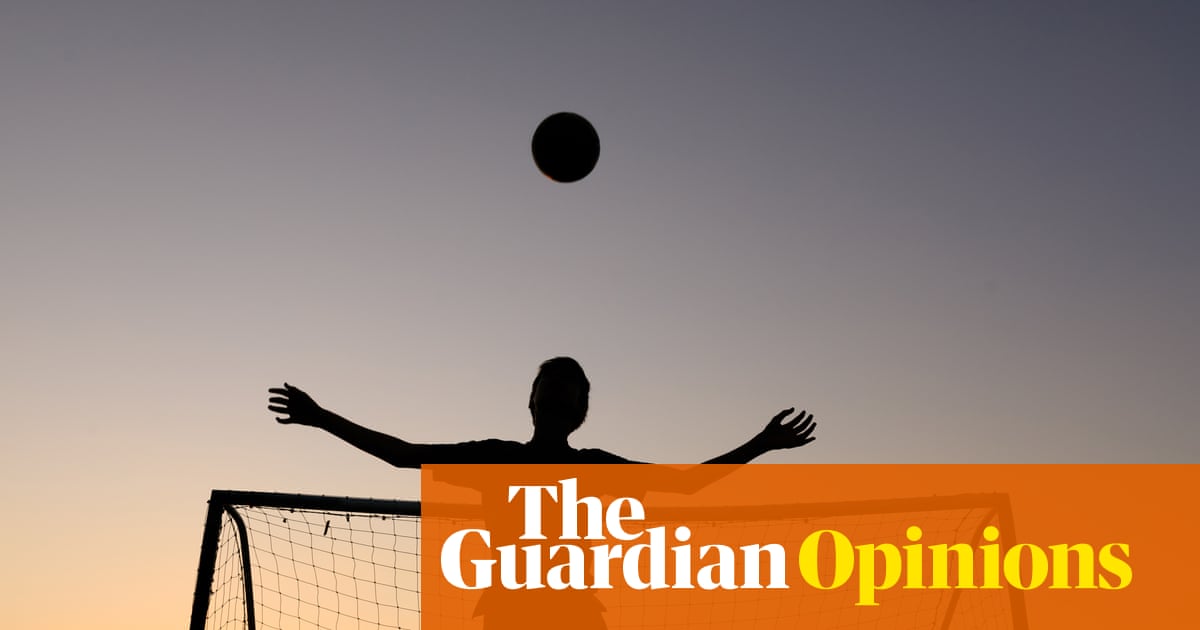
"There's a moment in a boy's life when it almost hurts to look at them, so beautiful and vulnerable are they. Manhood is right there knocking on their door, and these tow-headed, big-eyed boys open it and for a time there is one foot in, one foot out, trying out this new space, going back into the comfort of the old. Back and forth. It's a vexing time."
"Some boys are more like men, some boys are more like babies. They vary massively in size and adult masculinity. Hormones surge, or may yet be a year away. At about the same time, they are leaving the top of the heap at primary school, where they know everyone and everyone knows them, and they go to the bottom of the heap at high school, a daunting experience for everyone, girls too."
"In a landmark survey of 1,400 adolescents aged 14-18 that seeks to establish what it means to be a boy/man in Australia today, the news about these particular boys is grim it's no surprise that the segment of the boy population who hold harmful and rigid ideas about hegemonic masculinity are not doing so well. They are lonely, most likely have been victimised themselves, and mentally unwell."
Boys undergo a poignant transition from childhood to manhood, alternating between vulnerability and emerging masculinity. Physical variation and staggered hormonal development produce wide differences in maturity and behaviour. Many boys leave high social status in primary school to face lower status in high school, creating social strain for adolescents of all genders. Peer approval drives boys to test and perform masculinity, with identities and risk-taking often consolidating by age 14. A minority respond dysfunctionally, adopting rigid, harmful hegemonic masculinity associated with loneliness, prior victimisation and poor mental health. Overall, boys still show better outcomes than girls and gender-diverse peers, and some evidence suggests online influencers have limited impact compared with media alarmism.
Read at www.theguardian.com
Unable to calculate read time
Collection
[
|
...
]